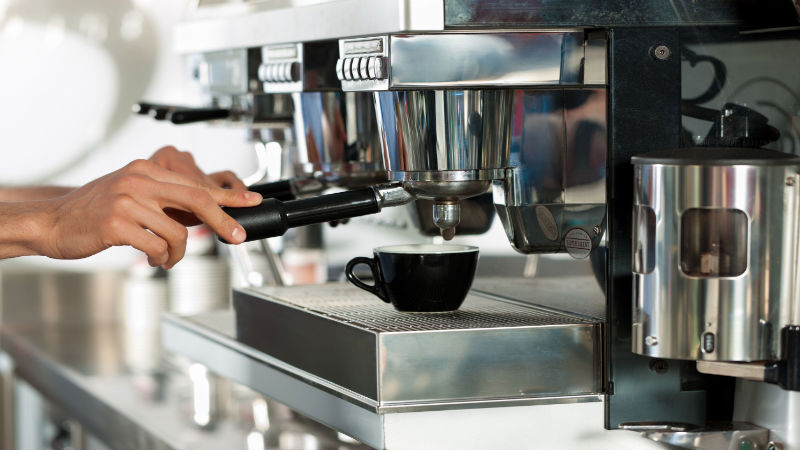It is hard to keep up with all the new food trends cycling through society. Year after year, foods and drinks pop up on menus and social media and tend to die as fast as they surface. Rainbow bagels, charcoal lattes, and kombucha all had their time in the spotlight at various coffee companies, but have since exited stage left.
One trend that wasn’t as popular was rooibos tea. Known for its distinct red color and fruity notes, rooibos used to be the talk of the town. But, like every other trend, rooibos was choked out by the next new, shiny trend.
Rooibos should not be a dead trend. Rooibos has incredible health benefits and can be used as a caffeine-free alternative to black and green teas. If there is any trend that deserves to stick around and be a daily part of your life, it’s this one.
Rooibos comes from the South African shrub aspalathus linearis. For generations, the natives of South Africa have been brewing the leaves for tea and reaping countless health benefits they believe to be directly related to rooibos. The shrub leaves are harvested and then fermented, giving the leaves their signature red color. However, the shrub leaves don’t have to be fermented and can be left as is to create green rooibos tea. Green rooibos is relatively rare and more on the expensive side but contains more antioxidants than red rooibos.
As previously mentioned, red rooibos contains plenty of antioxidants. Flavonoids, phenolic acids, quercetin, and aspalathin are just some of the antioxidants rooibos tea has to offer. These antioxidants can help reduce damage from free radicals and reduce the risks of certain illnesses, such as heart disease.
Red rooibos tea contains no caffeine, making it a great alternative to regular caffeinated tea. Less consumption of caffeine means less anxiety, headaches, and sleep problems. But, like most drinks, rooibos tea is only beneficial in moderation, so drinking multiple cups of rooibos tea in a day can reverse these benefits.
This herbal tea has many potential heart health benefits still being researched. Blood pressure has been found to improve after drinking rooibos tea. In overweight adults, drinking rooibos tea each day was shown to decrease bad cholesterol and increase the good. But again, scientists must conduct more research to prove that rooibos, cholesterol, and blood pressure are directly related.
Copper and fluoride are types of vitamins and minerals that are essential for daily health. One cup of rooibos tea is shown to provide adults with 5%-7% of their daily recommended intake of copper and fluoride.
Adding rooibos to your diet has the potential to improve your quality of life. Some South Africans even use rooibos tea medicinally to treat diseases and ailments such as colic, eczema, and more. However, if adding rooibos to your daily intake sounds like a great idea for you, it may be hard to come across.
One coffee house in Lancaster, PA, has an entire selection of cappuccinos, lattes, and iced drinks made with the red beverage. Coffee Co is a small, family-owned chain coffee shop. If you want to try rooibos or need a friendly, trusted coffee shop that has rooibos along with many other coffee and tea options.
Check out the Coffee Co menu. Be a part of this trend and show the world that rooibos tea should be here to stay!

